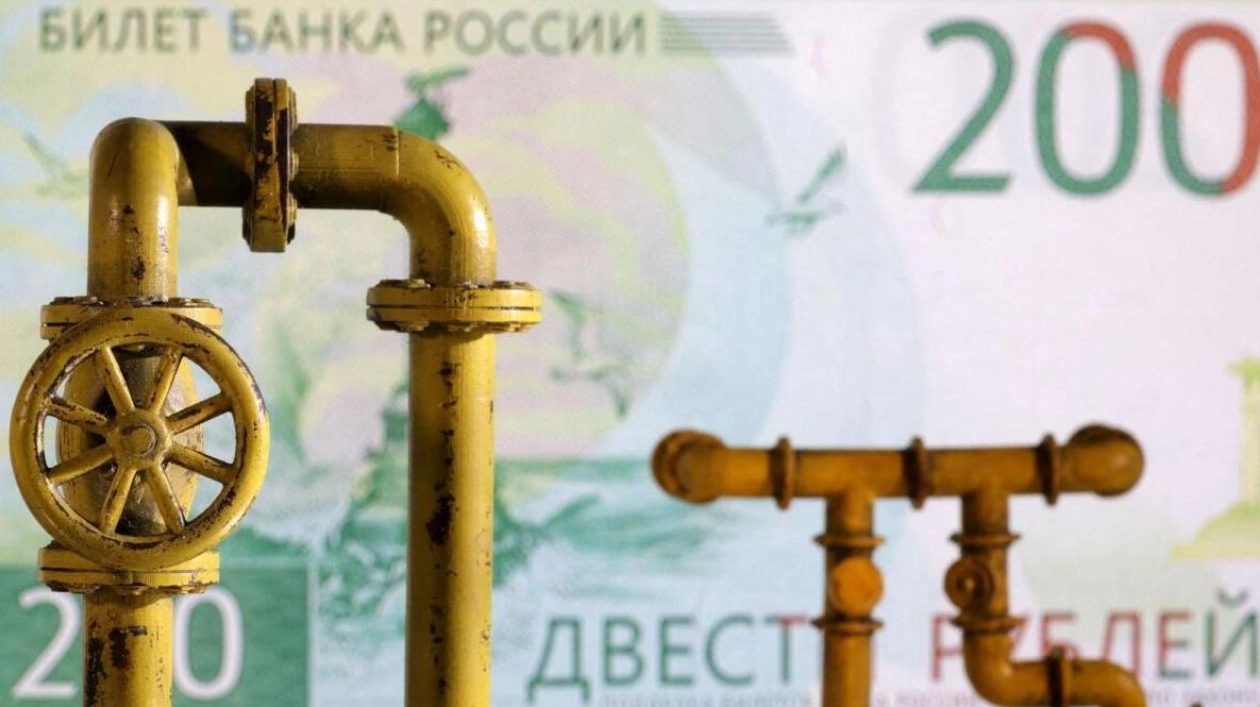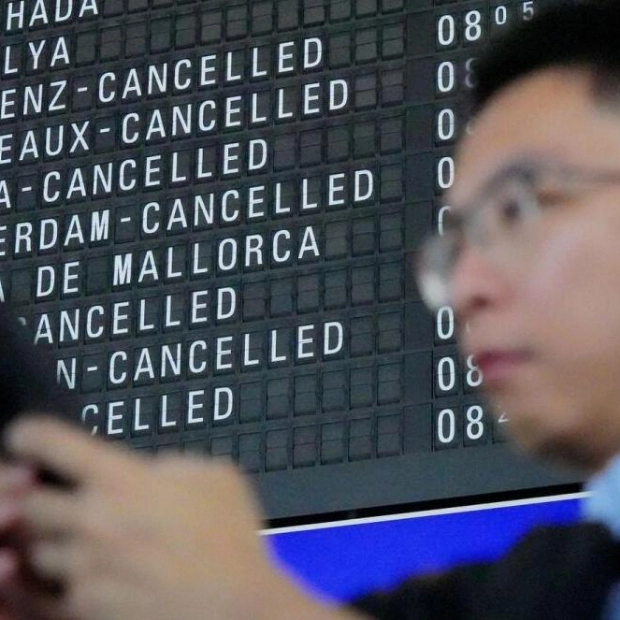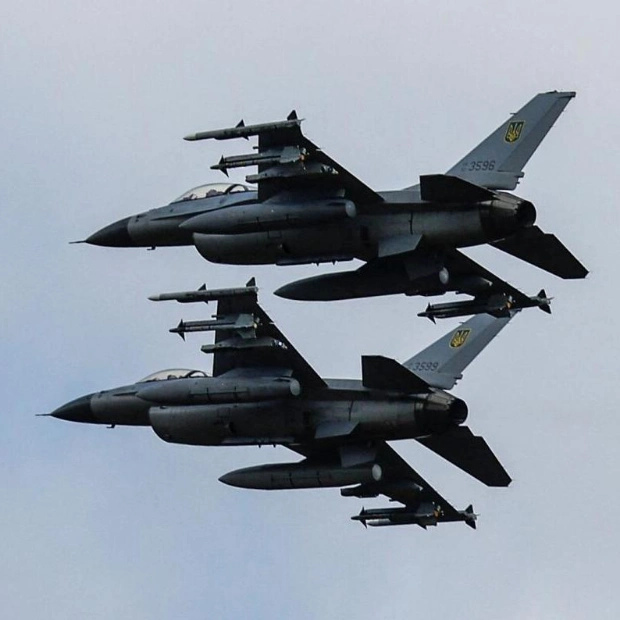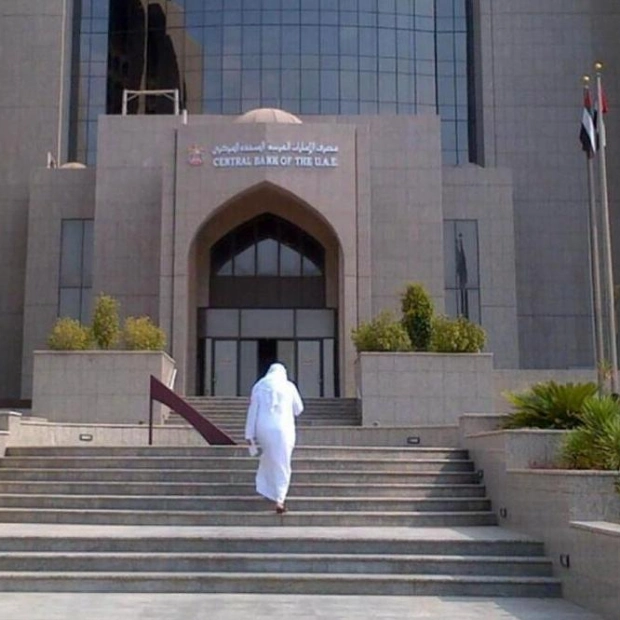According to data released by the Russian finance ministry on Wednesday, the federal budget's proceeds from oil and gas sales increased by approximately 41 percent year-on-year in the first half of the year, totaling 5.698 trillion roubles ($65.12 billion), driven by escalating oil prices and a weaker rouble.
Oil and gas revenues have been the primary source of income for the Kremlin, constituting between a third and a half of the total federal budget receipts over the past decade. The ongoing military conflict in Ukraine has led the West to impose numerous sanctions designed to limit Russia's oil and gas earnings, which account for roughly a third of the country's federal budget.
During the first half of the year, the average price of Russia's Urals blend, the country's flagship oil, stood at $69.1 per barrel, surpassing the Western-imposed price cap of $60, up from $52.5 in the same period in 2023. Concurrently, the rouble weakened to 90.8 per dollar from 76.9 in January-June 2023. Oil and gas revenue declined from 794 billion roubles in May, falling short of Reuters' forecast of 814 billion roubles.
In June, proceeds from the mineral extraction tax (MET) increased to over one trillion roubles from 631.6 billion roubles in the same month of 2023. The finance ministry also reported that payments to refineries under the 'damping mechanism' reached 158.1 billion roubles last month, down from 201.7 billion roubles in May and 78.6 billion roubles in June 2023.
Russian President Vladimir Putin has praised the high rates of economic growth, noting that they exceed those of Western economies. The economy expanded by 3.6 percent in 2023 following a revised 1.2 percent contraction in 2022. However, Russia-based economists have pointed out the poor quality of this growth, suggesting that the production of missiles and shells, while boosting GDP, offers limited benefits to the population.
For 2024, the government has budgeted for federal revenue of 10.7 trillion roubles from oil and gas sales, a 21 percent increase from 2023, when weaker oil prices and a decline in gas exports reduced revenue by 24 percent. Since initiating its special military operation in Ukraine in February 2022, Russia has significantly increased defence and security spending, resulting in two consecutive annual deficits exceeding 3 trillion roubles, approximately two percent of GDP. These deficits have been financed through internal borrowing and the use of the National Wealth Fund.






